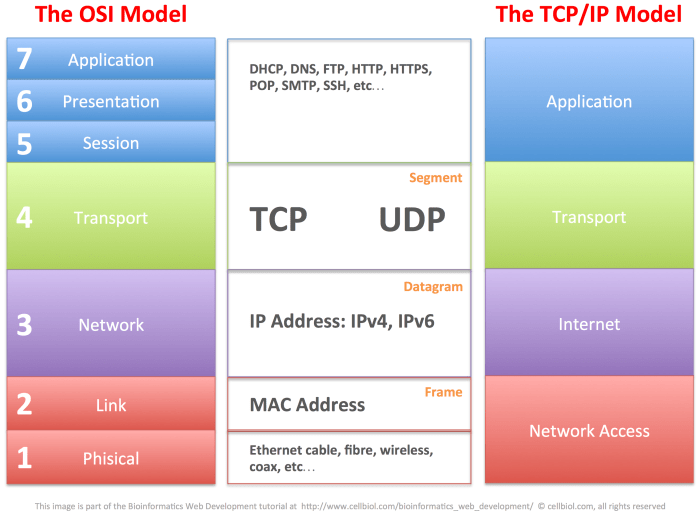All protocols that irb01 reviews can be reviewed by irb02 – In the realm of research ethics, the concept of Institutional Review Boards (IRBs) holds paramount importance. This article delves into the intricate relationship between IRB01 and IRB02, exploring the comprehensive review process they undertake for research protocols.
IRB01 and IRB02 play distinct yet complementary roles in ensuring the ethical conduct of research. This article will shed light on the mechanisms that enable all protocols reviewed by IRB01 to be subject to review by IRB02, thereby enhancing the rigor and oversight of research practices.
IRB Review Process

The IRB review process at IRB01 involves several steps. The initial submission is made to IRB01, which conducts a preliminary review to determine if the protocol meets the criteria for expedited review. If the protocol does not meet these criteria, it is forwarded to IRB02 for full review.
IRB02 then conducts a thorough review of the protocol, including a risk-benefit analysis, to determine if it should be approved.
Role of IRB02 in the Review Process
IRB02 plays a critical role in the review process by providing an independent assessment of the protocol. IRB02 members have expertise in a variety of areas, including research ethics, human subjects protection, and clinical research. This expertise allows IRB02 to provide a comprehensive review of the protocol and to identify any potential risks or concerns.
Protocols Reviewed by IRB01 and IRB02
The following table Artikels the protocols reviewed by IRB01 and IRB02, including any differences in the review criteria:
| Protocol Type | IRB01 Review | IRB02 Review |
|---|---|---|
| Exempt Protocols | Yes | No |
| Expedited Protocols | Yes | Yes (if not exempt) |
| Full Review Protocols | No | Yes |
IRB Composition and Expertise: All Protocols That Irb01 Reviews Can Be Reviewed By Irb02

IRB01 and IRB02 are composed of a diverse group of individuals with expertise in a variety of areas. IRB01 members include physicians, nurses, social workers, ethicists, and community representatives. IRB02 members include scientists, clinicians, ethicists, and community representatives.
Similarities in Expertise
Both IRB01 and IRB02 have members with expertise in research ethics, human subjects protection, and clinical research. This expertise allows both boards to conduct comprehensive reviews of protocols and to identify any potential risks or concerns.
Differences in Expertise, All protocols that irb01 reviews can be reviewed by irb02
IRB01 has a greater proportion of members with expertise in the social sciences and humanities, while IRB02 has a greater proportion of members with expertise in the natural sciences and medicine. This difference in expertise may influence the way that the two boards review protocols, particularly in areas where there are ethical or social concerns.
Review Standards and Guidelines

IRB01 and IRB02 use the same review standards and guidelines, which are based on federal regulations and international ethical principles. These standards and guidelines require that protocols be reviewed for the following:
- Scientific validity
- Ethical acceptability
- Protection of human subjects
Differences in Standards or Guidelines
There are no significant differences in the review standards or guidelines used by IRB01 and IRB02. However, the two boards may interpret these standards and guidelines differently, which may lead to different decisions about whether or not to approve a protocol.
Communication and Coordination

IRB01 and IRB02 communicate and coordinate with each other through a variety of mechanisms, including regular meetings, email, and telephone conferences. These mechanisms allow the two boards to share information about protocols, to discuss ethical issues, and to develop joint policies and procedures.
Challenges and Opportunities
One challenge to communication and coordination between IRB01 and IRB02 is the fact that the two boards are located in different cities. This can make it difficult to schedule meetings and to communicate in a timely manner. However, the two boards have developed a number of strategies to overcome this challenge, including the use of video conferencing and electronic communication.
One opportunity for improving communication and coordination between IRB01 and IRB02 is to develop a joint database of protocols. This database would allow the two boards to track the status of protocols and to share information about the review process.
Common Queries
Why is it important for all protocols reviewed by IRB01 to also be reviewed by IRB02?
By involving two independent IRBs in the review process, it enhances the objectivity and rigor of the ethical assessment. It provides multiple perspectives and expertise, ensuring a comprehensive evaluation of the protocol’s ethical implications.
What are the benefits of having a collaborative review process between IRB01 and IRB02?
The collaborative review process fosters a shared understanding of ethical principles and best practices. It promotes consistency in decision-making, reduces the risk of ethical oversights, and facilitates a more efficient and streamlined review process.